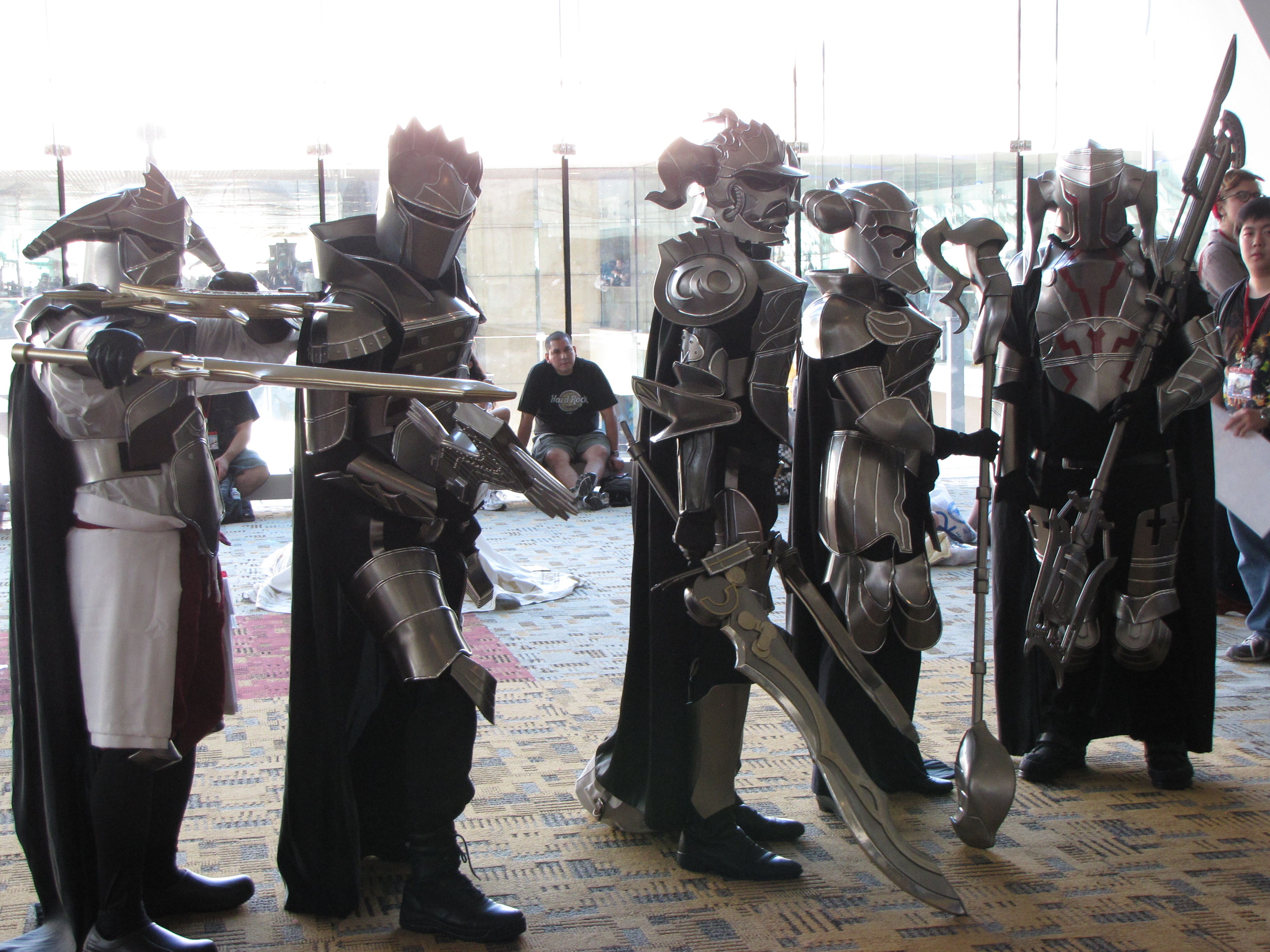
Masculine values that included largess, bravado, resort to violence, pursuit of illicit sex and so on existed in opposition to patriarchal expectations of social order and social ordering. As demonstrated by Lyndal Roper, Alexandra Shepard and other historians who concentrate on the early-modern period, however, this model fails to consider alternative, sometimes actively resistant meanings of manhood. Connell's oft-cited model of hegemonic masculinity, adult men who occupied marginal or subordinate social positions in this system would necessarily have been viewed as less successful on the scale of masculine values, therefore less manly.

Historians of the early-modern period often locate the framework for masculine identity as embedded in household patriarchy, a system which conferred upon householders political rights and the authority to rule over subordinates that included women, children, journeymen, apprentices and servants. Male magic that aimed at increasing prowess in battle could come into competition with other masculine values such as willingness to face risk, natural physical competence and fair play. At the same time, the fact that resorting to magic could reduce risk to one fighter at the expense of the other created another kind of tension. Because all men were potentially soldiers, magic employed in order to enhance military skills was not as easy to demonise as were forms of magic more often associated with women. 4 This very strong martial identity combines with the particular intensity of the German witch-hunts to make the German-speaking lands of the Holy Roman Empire an especially interesting case study for examining weapons magic and spells of invulnerability. This period also marked a high point in the widespread identification of individual freemen with military virtue and skill with weapons, especially in Germany.

At the same time, the majority of the populace who still could not read were all the more convinced by the notion that written words and characters could hold special power. Witch-hunting tracts like the Malleus Maleficarum 2 advanced new theories of demonology, while an increasingly literate populace collected and disseminated all kinds of spells, blessings and magical recipes. The information revolution that resulted helped to spread magical beliefs even as it demonised them. To begin with, the advent of printing during the fifteenth century together with the rise of a bureaucracy increasingly dependent on the written word led to an explosion in written culture and a rapid increase in rates of literacy. The early-modern period provided particularly fertile ground for weapons magic of all kinds to flourish. This mystical association applied not only to blades but also to arrows and eventually to bullets, which, given the state of projectile technology prior to the nineteenth century, were all the more dependent on otherworldly forces to guide them to their targets. The greater the hero, the more power was vested in his weapon. From the sacred weapons of Norse myth to the magical powers of Excalibur, weapons represented a physical extension of the supremacy of the male gods or heroes who wielded them. Stories about magic weapons have an ancient history. As learned belief in natural magic waned during the Enlightenment, stories of magic blades and bullets retreated from courts and battlefields into the world of fiction and fantasy. For this reason, invulnerability and weapon spells usually included materials from male corpses (for example, body parts, moss growing on dead men's skulls, and so on). Many of these hypermasculine spells drew on contemporary medical beliefs about natural sympathies, including the idea that sympathies existed between the dead and the living. Because magical practices associated with guns and blades were related to early-modern thinking about masculine power and performance, they were less harshly treated than the kind of magic more often associated with women. This paper will concentrate on magical spells and blessings intended to give men an advantage in sword fights, make them invulnerable, or turn them into perfect marksmen.

In the world of the occult, as in other realms, the tools and methods chosen by women and men reflected acceptable ways of ‘doing’ gender.


 0 kommentar(er)
0 kommentar(er)
